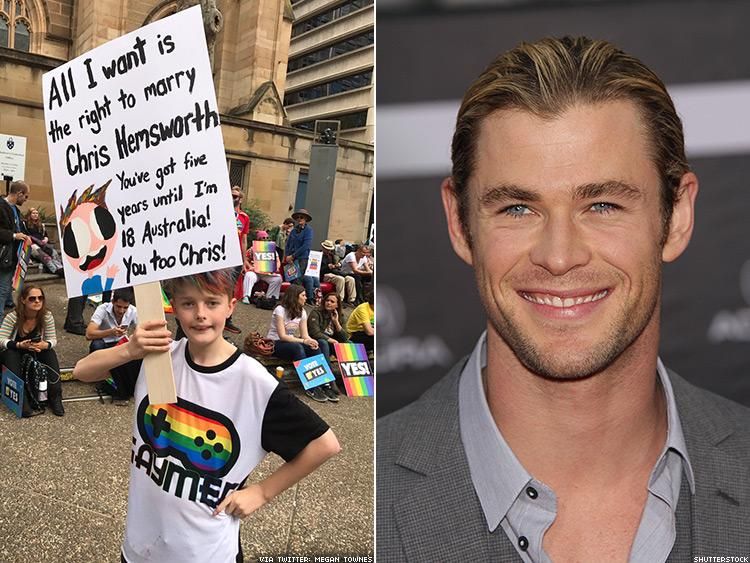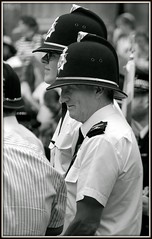Harry Styles Drapes Rainbow Flag Over His Mic at San Francisco Concert: WATCH

Harry Styles opened his U.S. solo tour in San Francisco last night and gave a nod to his LGBTQ fans by draping a rainbow flag over his microphone stand during a cover of Ariana Grande’s “Just a Little Bit of Your Heart”.
This isn’t the first time Styles incorporated his support of the LGBTQ community into a live performance. The singer wore the LGBTQ symbol as a cape during a One Direction show in New York in 2015. He also showed support for out NFL star Michael Sam by wearing the football player’s St. Louis Rams jersey during a 2014 1D show.
Watch:
i think people undermine how safe ur idol waving around a pride flag on stage can make u feel. thank u for being my safe place @Harry_Styles pic.twitter.com/E6OS8NTBlr
— . (@lgbtqiaddie) September 20, 2017
Harry Styles was tight-lipped when asked about his sexuality in an interview with UK tabloid The Sun published in May.
“It’s weird for me — everyone should just be who they want to be,” said Styles. “It’s tough to justify somebody having to answer to someone else about stuff like that.”
RELATED: ‘Billboard’ Takes a Deep Dive into the Voyeuristic ‘Femme’ Gender Signals in Harry Styles’s Cover Art
When asked if he gives his sexual orientation a label, Styles said: “No, I’ve never felt the need to really. No.”
But he praised artists like Miley Cyrus, who do discuss it: “Being in a creative field, it’s important to be progressive. People doing stuff like that is great.”
ALSO: Harry Styles Asks Niall Horan if He Can Sit on His Face
Styles also told a French talk show that he sees LGBT equality as something that’s “fundamental” and not political.
In 2014, Styles told One Direction bandmate Niall Horan “Hey, don’t knock it ’til you try it,” when Horan was asked about dating men.
The post Harry Styles Drapes Rainbow Flag Over His Mic at San Francisco Concert: WATCH appeared first on Towleroad.
Harry Styles Drapes Rainbow Flag Over His Mic at San Francisco Concert: WATCH










